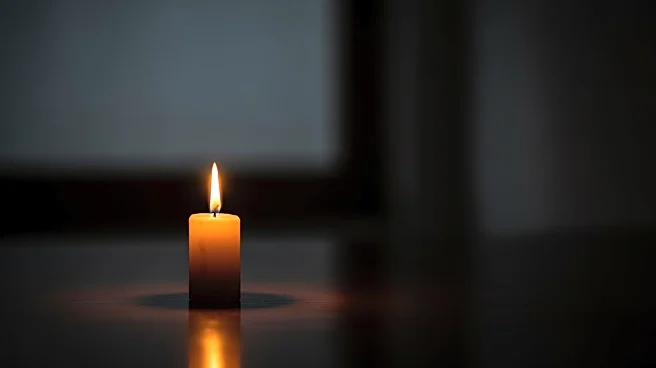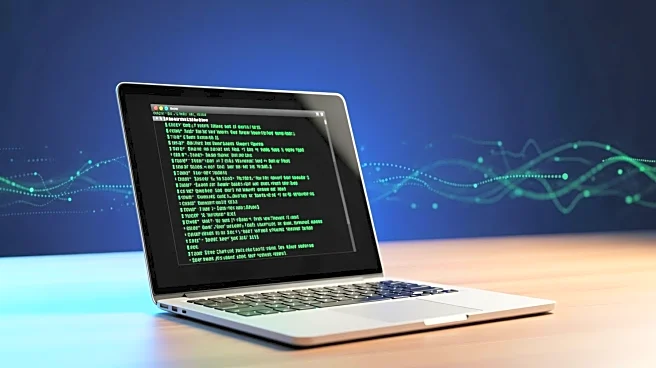What's Happening?
In Ahvaz, Iran, a 20-year-old student named Ahmad Baladi set himself on fire in protest against the demolition of his father's kiosk by municipal agents. The incident occurred on November 6, 2025, and
has sparked public outrage. Ahmad, who is in critical condition with severe burns, acted in response to the physical assault and humiliation of his mother by the deputy mayor during the demolition. The event has led to protests outside Taleghani Hospital, where demonstrators are demanding the dismissal of Mayor Amini and prosecution of involved officials. Security forces have surrounded the hospital to prevent the spread of protests.
Why It's Important?
Ahmad Baladi's self-immolation has become a symbol of systemic injustice and corruption in Iran, drawing comparisons to Mohamed Bouazizi's act that ignited the Arab Spring. The incident highlights the deep-seated anger against the Iranian regime's oppressive practices and economic disparities. It underscores the growing discontent among citizens who face poverty and repression while the regime's elite live lavishly. The event has the potential to trigger wider protests and demands for accountability, reflecting the societal rift between the Iranian people and their government.
What's Next?
The protests in Ahvaz could escalate if local officials continue to ignore public demands for accountability. Human rights defenders warn that ongoing repression may lead to a new wave of protests across Khuzestan Province. The situation is being closely monitored by international observers, and further actions by the Iranian government could influence regional stability and international relations.
Beyond the Headlines
Ahmad's act of self-immolation is not only a personal tragedy but also a stark manifestation of the widening rift between the Iranian people and the ruling regime. It serves as a warning that when dignity is crushed, the flames of anger can consume an entire system, potentially leading to significant political and social changes.











